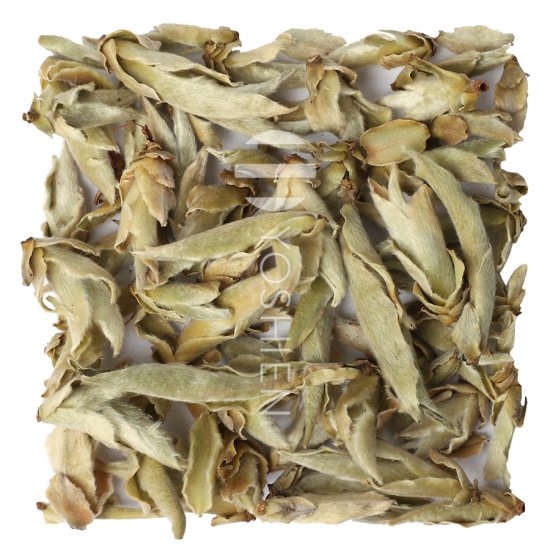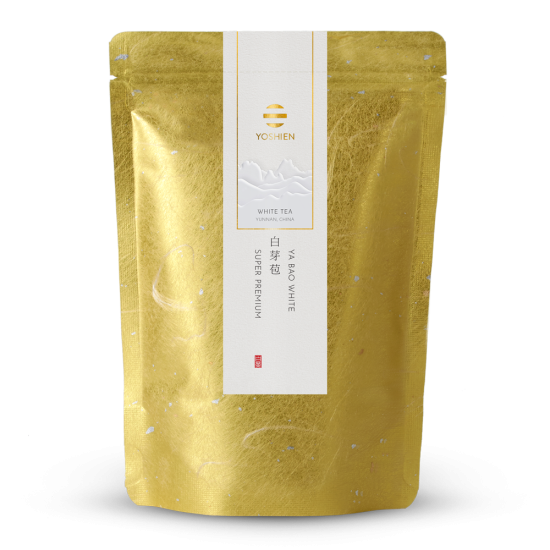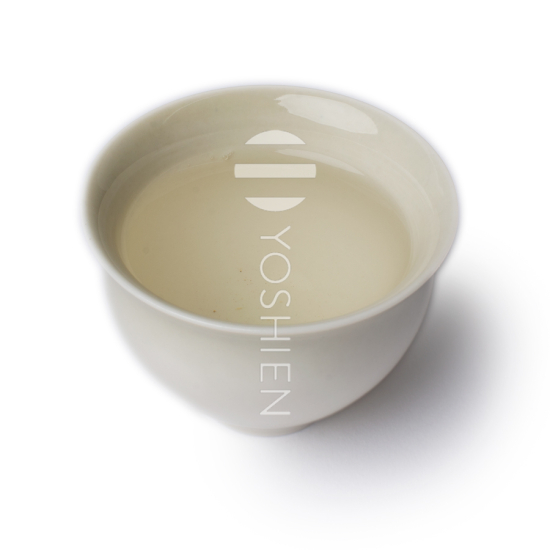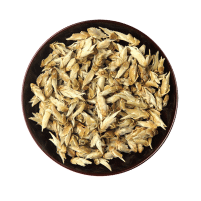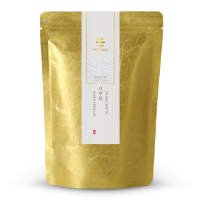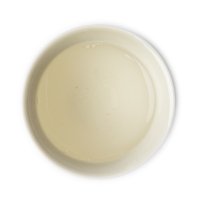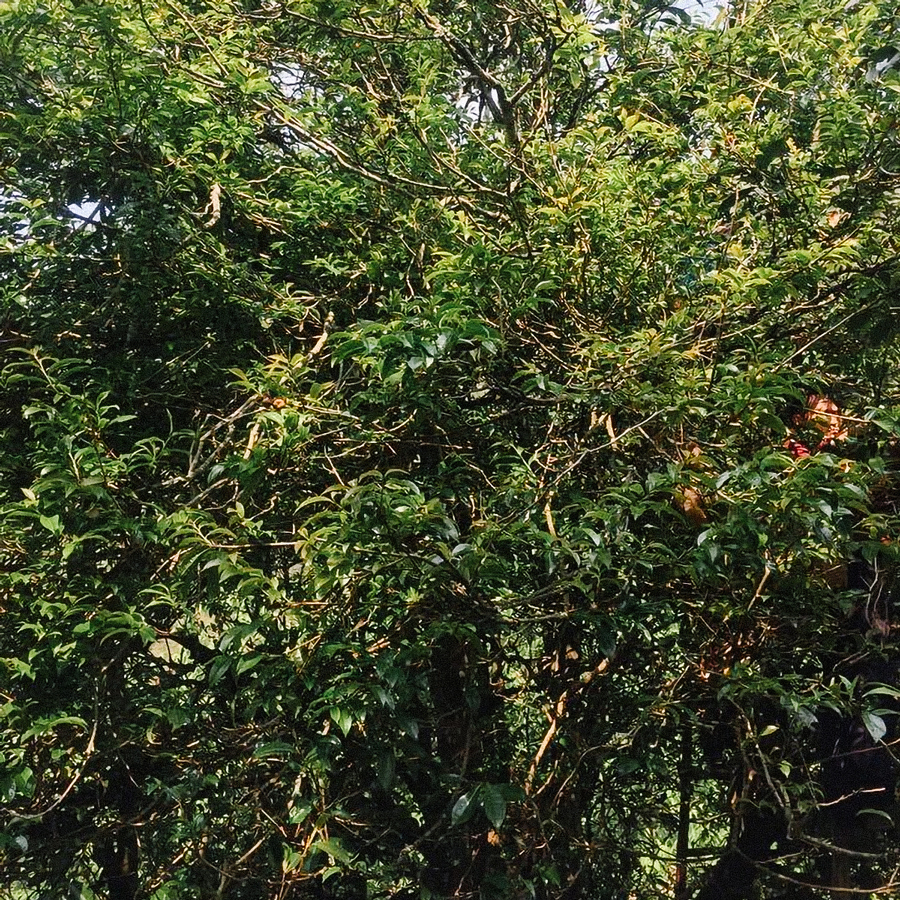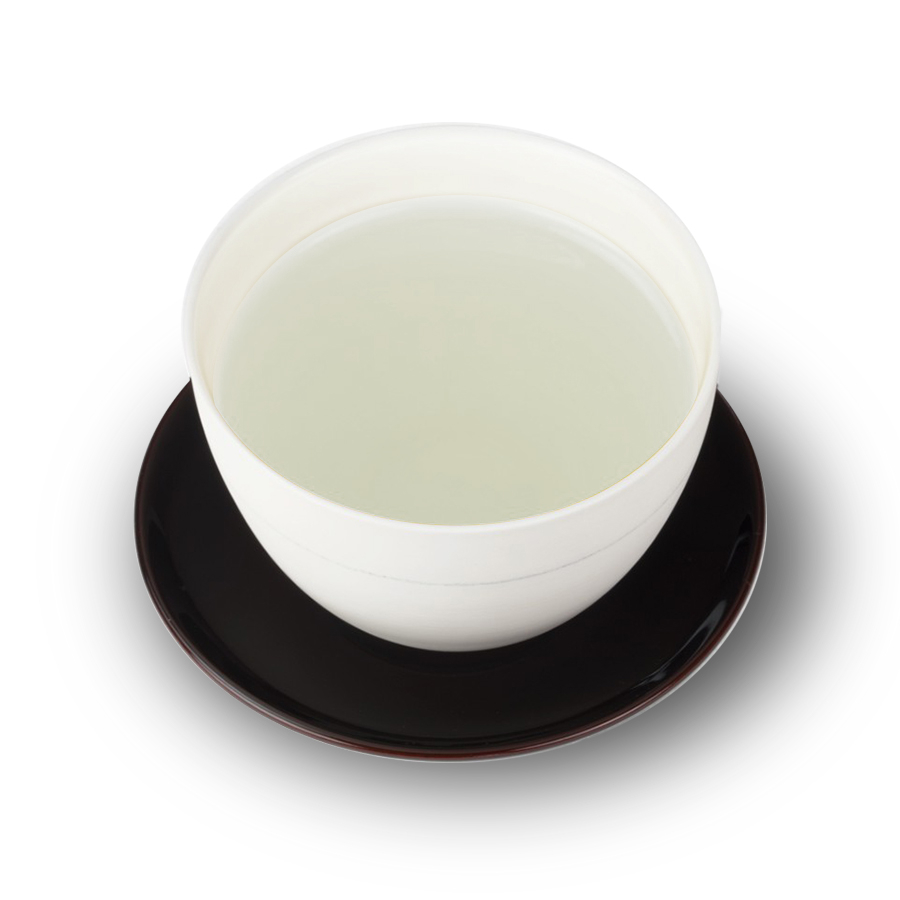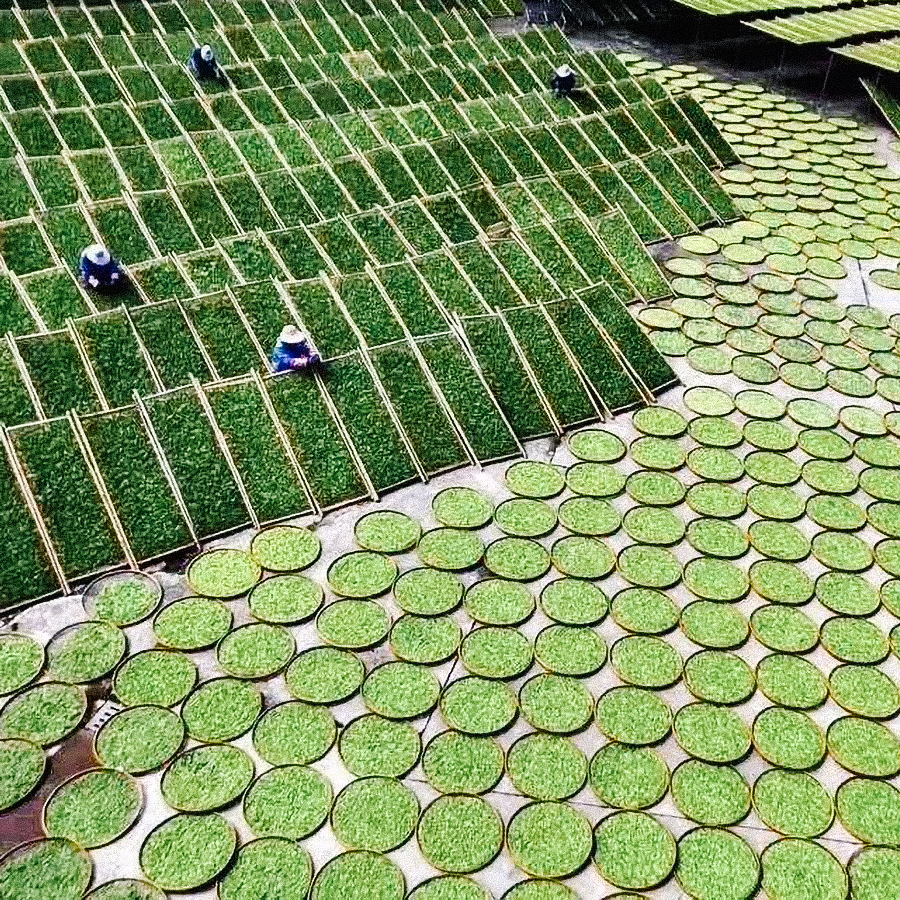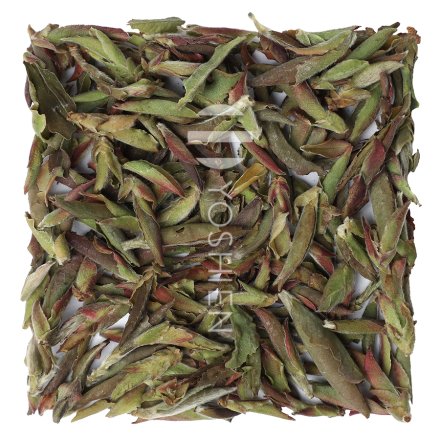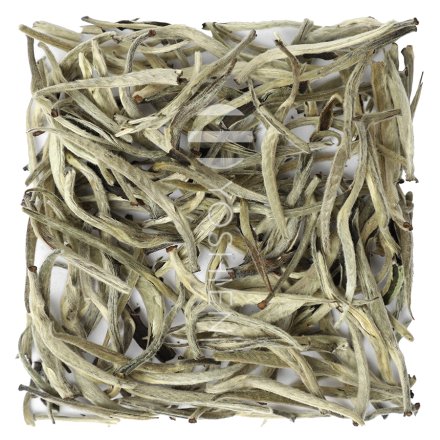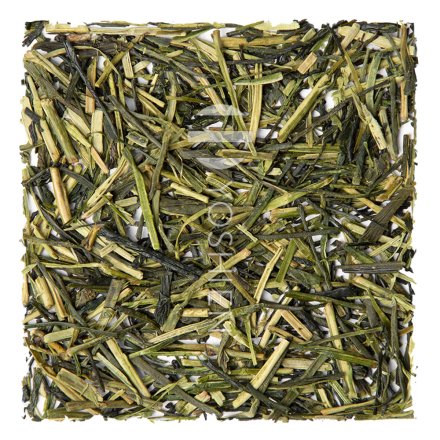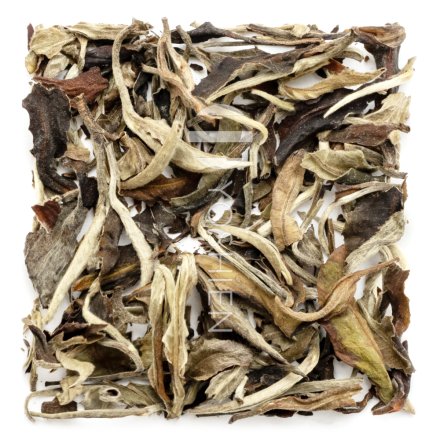The tea cultivar Camellia taliensis which is used for this tea is special and is known for also producing world-class Pu-Erh teas. In contrast to generic tea plants grown around the world, this type does not grow as a bush, but rather as a tree that can live for up to thousands of years. Scientific study of the Camellia taliensis suggests that this tree is the common ancestor of all other types of tea. This cultivar is native to the region where China, Vietnam, Laos, and Myanmar meet. This is also where the Chinese province of Yunnan is located, and the history of Yunnan is also intertwined with the first known attempts to cultivate tea. For this reason, Yunnan is often considered the ""cradle of all teas"".
In the tea forest of Yunnan, each tree has an individual character with a different shape and different cultures of moss and fungi. As such, each tree produces its ""own"" tea. The older the tree, the deeper its roots extend into the earth and into deep layers of rock and stone. These older trees can absorb minerals and trace elements that are passed on to the leaves and buds. The tea made from these older trees is thus rich in minerals and extremely desirable.
All the buds for our ya bao are selected by hand. To reach the highest branches and crown of the tree, the pickers place ladders against the trees. The tea pickers mostly belong to a local Yunnan minority which has been involved in the production of tea for generations. Members of this group are often identifiable on account of their colourful traditional dress.
The buds are sourced from the treasured first harvest of the year in March. The tea farmers decide independently when to begin the first harvest and rely on their years of experience for making a decision. The quicker the temperatures rise, the quicker the buds sprout. This tea was harvested in mid-March exclusively from these first buds.
After harvest, the buds are laid out to wither for 3-4 hours in a shaded area under careful supervision. During the next stage, the buds are dried in the open air for up to 4 hours, but without being exposed to direct sunlight. After drying, the buds are inspected, checked for uniformity of shape, and imperfections are removed.




